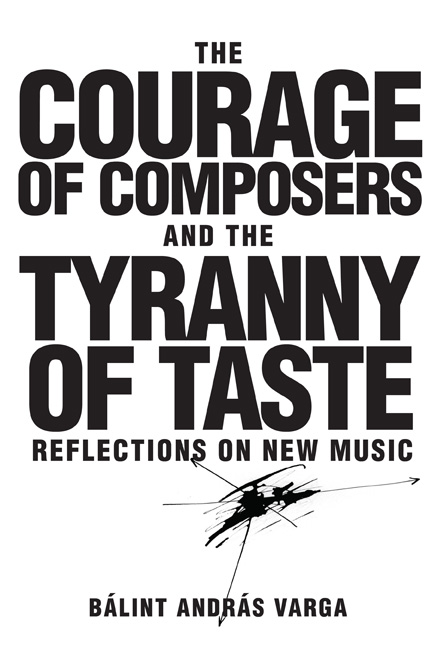15 - Georg Friedrich Haas (b. 1953)
Published online by Cambridge University Press: 22 May 2021
Summary
In his poignant text, Georg Friedrich Haas reveals what determined—and oppressed—his life and his music for several decades. For me, his confession comes as a revelation: after all, I have known him for decades and we worked together closely for fifteen years. It provides the key to many things I experienced, which I accepted as part of his personality and his music, without having an inkling of the actual causes.
His desperate battle with himself and the past of his family inspire his music. He may have suffered a great deal, but this gave birth to something positive: his incomparable art. His music may have been enveloped in darkness, in a figurative sense as in his chamber opera Nacht, or in concrete terms, with the lights turned off, as in a scene of his opera Die schöne Wunde (one of the most beautiful scores he has ever written) or in his String Quartet No. 3 “In iij. Noct.,” which is to be performed from beginning to end in darkness, but it nevertheless radiated a powerful creative expression. Light first appeared in the chamber work Sayaka (2006), which indicated in its title (Japanese for “light”) that a change had occurred in his outlook, to do with the birth of his daughter from his third marriage. Soon afterward, he composed the piano trio “Ins Licht”—Into the Light—(2007), for the concert that Universal Edition organised for my retirement at the end of that year.
On learning of my Jewish heritage, Haas told me of his family's involvement in some of the crimes of the Third Reich. Observing his painful awareness of their guilt and, through theirs, of his own, I tried to reassure him, but sadly to no avail, that his age and also his total rejection of his family's past absolved him of any guilt whatsoever. During those exchanges, we would both be quite upset and we grew even closer to each other.
I have read his text with a confusion of feelings (to quote the title of a novel by Stefan Zweig), of which joy and relief have dominated. Thanks to his fulfilling relationship with his wife and also, perhaps, to a new life away from Europe, in New York, Georg Friedrich Haas has now been able to reach peace with himself.
- Type
- Chapter
- Information
- The Courage of Composers and the Tyranny of TasteReflections on New Music, pp. 90 - 95Publisher: Boydell & BrewerPrint publication year: 2017

